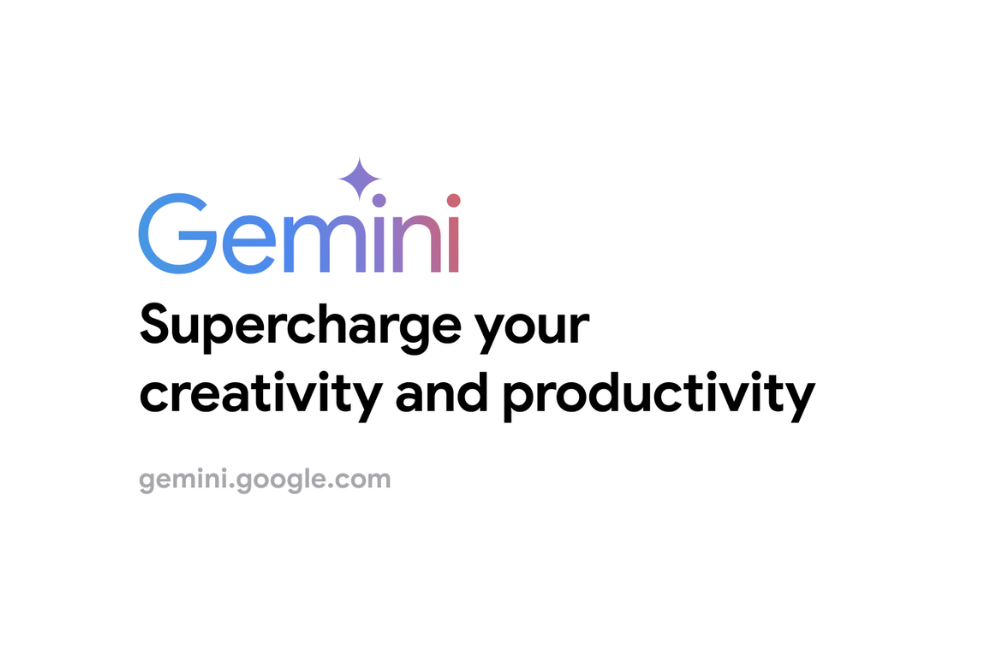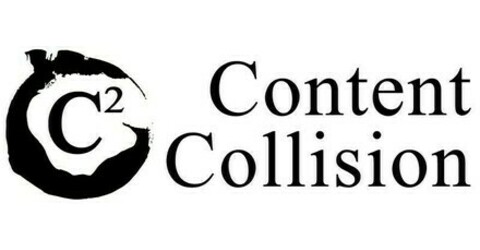Gemini now integrated into Google Ads, expanding accessibility for marketers
Gemini, now integrated into Google Ads, provides new options for ad creation, asset generation, and reporting to support marketers' campaigns.

Google has announced a series of AI updates for Google Ads during its presentation at DMEXCO, one of Europe’s leading digital marketing events. The new features include advanced AI creation assistance, automated asset generation, improved parameter controls, and enhanced reporting capabilities, aimed at helping advertisers streamline and optimize their campaigns.
Gemini, formerly known as Bard, was initially accessible only through its dedicated desktop app. While the app was widely available, its integration into Google Workspace was initially limited to certain users. Now, Gemini has been integrated into several Google services, including Google Ads and Workspace, and even extended to external platforms like Microsoft. This recent expansion significantly broadens its accessibility and functionality, offering new possibilities for users across various business applications.
Google's integration of Gemini into Google Ads introduces features that provide marketers with more tools for managing and improving their ad campaigns directly within the platform. These additions help simplify the ad creation process, offering practical support in generating content and optimizing performance.
From limited access to broader integration
Initially launched in a limited capacity in early 2023, Gemini was available only through its standalone app at gemini.google.com, primarily used by a select group for testing and development. Its capabilities focused on content creation and optimization within a closed environment, which restricted its potential reach.
With its integration into Google Ads, Gemini is now accessible to a wider audience. Users can utilize the tool for creating ad copy, generating visual assets, and making data-driven adjustments to their campaigns without needing to switch between different platforms. This transition from a standalone app to a built-in feature within Google Ads marks a significant shift in how the tool is deployed and used.

How marketers can use Gemini in Google Ads
The integration of Gemini into Google Ads brings several practical applications directly to the platform:
- AI-Assisted Ad Creation: Marketers can now create custom ad content more efficiently. The AI can suggest headlines, descriptions, and images based on real-time data analysis and audience insights. This feature simplifies the creative process, enabling marketers to produce relevant ad content that aligns with campaign objectives and audience preferences.
- Automated Asset Generation: Gemini can automatically generate various assets for ad campaigns, such as images and videos, which can be adapted to different formats and platforms. This helps streamline the content production process, allowing marketers to focus on refining their strategies rather than getting bogged down in content creation details.
- Advanced Parameter Controls: New AI-driven controls enable more precise targeting and optimization. Marketers can adjust various parameters to fine-tune their campaigns and achieve better results. The AI’s ability to analyze performance data and suggest adjustments can lead to more effective campaign management.
- Enhanced Reporting: The integration also includes improved reporting features that provide more detailed insights into campaign performance. Marketers can quickly identify which aspects of their campaigns are working and where improvements can be made, allowing for more informed decision-making.
These features make it easier for marketers to create, manage, and optimize their ad campaigns, all within the Google Ads platform.
Looking beyond integration
The recent addition of the Gems feature within Gemini is another step in its evolution. Gems allows users to program AI assistants for specific tasks, such as generating ad copy or managing customer inquiries, which can be particularly useful for businesses looking for specialized AI applications. This capability is indicative of a broader trend toward single-purpose AI tools that offer more focused functionality compared to large language models (LLMs).
Gems are not powered by small language models (SLMs), but their emphasis on custom, task-specific applications resembles the direction many AI providers are taking. For example, a retailer could use a Gem to generate product descriptions or respond to customer reviews—tasks that require precise, consistent outputs.
This move towards more targeted AI solutions demonstrates how Gemini, initially a standalone tool, is evolving to serve diverse industry needs. As AI capabilities continue to develop, we can expect Gemini to expand further, possibly offering more specialized tools and features for different sectors.
Content Collision provides performance-based digital PR services and B2B content marketing services for tech startups in APAC and beyond. Book a discovery call to learn more.


